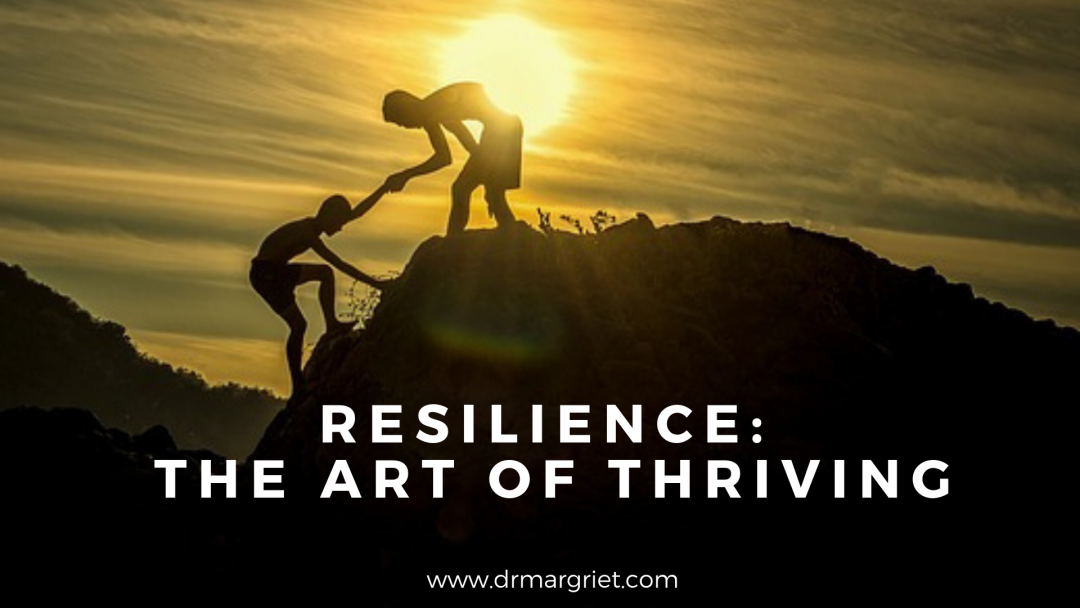Resilience & Mental Health: Overcoming Challenges, Finding Strength

Table of Contents
Understanding Resilience: What It Is and Why It Matters
Defining Resilience
Resilience isn't about avoiding hardship; it's about how we respond to it. It's the ability to adapt to change, overcome obstacles, and bounce back from adversity. It's a dynamic process, not a fixed trait, encompassing various aspects:
- Psychological resilience: The ability to maintain a positive outlook and cope with stress effectively.
- Emotional resilience: The capacity to regulate emotions, manage difficult feelings, and recover from emotional setbacks.
- Social resilience: The strength derived from supportive relationships and the ability to build and maintain healthy connections.
The Importance of Resilience for Mental Health
Resilience acts as a protective buffer against mental health challenges. It's not a guarantee against experiencing difficulties like anxiety or depression, but it significantly impacts how we experience and overcome them. A strong sense of resilience:
- Reduces the impact of stressful life events: By developing effective coping mechanisms, resilient individuals lessen the intensity and duration of stress responses.
- Promotes faster recovery from setbacks: Resilience equips individuals with the tools to process challenges, learn from them, and move forward more quickly.
- Enhances self-esteem and confidence: Successfully navigating adversity builds self-belief and a sense of competence.
- Improves relationships and social support: Resilient individuals are often better at building and maintaining strong, supportive relationships, which are crucial for mental well-being.
- Increases overall life satisfaction: Resilience allows individuals to experience a greater sense of fulfillment and purpose despite facing difficulties.
Building Your Resilience: Practical Strategies and Techniques
Cultivating a Growth Mindset
A growth mindset—the belief that abilities can be developed through dedication and hard work—is fundamental to resilience. Instead of viewing setbacks as failures, embrace them as learning opportunities. Challenge negative self-talk and focus on your strengths and areas for improvement.
Developing Effective Coping Mechanisms
Building resilience involves actively developing healthy coping mechanisms. These strategies help you manage stress, regulate emotions, and navigate challenges constructively:
- Mindfulness exercises and techniques: Practices like meditation and deep breathing can help you stay grounded in the present moment, reducing anxiety and promoting emotional regulation.
- Benefits of regular physical activity: Exercise releases endorphins, reduces stress hormones, and improves mood. Aim for at least 30 minutes of moderate-intensity exercise most days of the week.
- The power of journaling and self-reflection: Writing down your thoughts and feelings can help you process emotions, identify patterns, and gain clarity.
- Importance of building a strong support network: Connect with supportive friends, family members, or community groups. Sharing your struggles can provide comfort and perspective.
- Techniques for managing stress and anxiety: Learn relaxation techniques, time management skills, and problem-solving strategies to effectively manage stress and anxiety.
Setting Realistic Goals and Expectations
Perfectionism is the enemy of resilience. Set achievable goals, celebrate small victories, and learn to accept imperfections. Focus on progress, not perfection.
Seeking Professional Help
Don't hesitate to seek professional help when needed. Therapists and counselors can provide guidance, support, and tools to build resilience and manage mental health conditions. Different therapeutic approaches, such as Cognitive Behavioral Therapy (CBT) and Dialectical Behavior Therapy (DBT), can be particularly effective in enhancing resilience.
The Link Between Resilience and Specific Mental Health Conditions
Resilience and Depression
Resilience plays a crucial role in recovering from depression. By cultivating positive coping mechanisms and building a strong support system, individuals can navigate depressive episodes more effectively and reduce their likelihood of relapse.
Resilience and Anxiety
Resilience helps manage anxiety symptoms by equipping individuals with the skills to cope with stressful situations and regulate their emotional responses. Building resilience can also reduce the risk of developing anxiety disorders.
Resilience and Trauma
Experiencing trauma can be deeply challenging, but resilience can significantly impact the recovery process. Post-Traumatic Growth (PTG) demonstrates how individuals can develop positive changes and increased strength following traumatic experiences.
- Specific strategies: For each condition, specific strategies tailored to the nature of the condition are essential. This might involve trauma-informed therapy for trauma recovery, mindfulness techniques for anxiety, and cognitive restructuring for depression.
Conclusion
Building resilience & mental health is a journey, not a destination. Understanding what resilience is, its importance for mental well-being, and implementing practical strategies are crucial steps in navigating life's challenges. By cultivating a growth mindset, developing effective coping mechanisms, setting realistic expectations, and seeking support when needed, you can significantly strengthen your resilience and foster a more robust and healthier mental state. Start building your resilience today. Your mental health journey begins with a commitment to finding strength and overcoming challenges. Learn more about building resilience and improving your mental well-being.

Featured Posts
-
 Agatha Christies Endless Night A New Bbc Tv Series Adaptation
May 20, 2025
Agatha Christies Endless Night A New Bbc Tv Series Adaptation
May 20, 2025 -
 Tampoy Sto Mega Ola Osa Tha Doyme Apopse
May 20, 2025
Tampoy Sto Mega Ola Osa Tha Doyme Apopse
May 20, 2025 -
 Nova Drama Hrvatskog Dramskog Pisca Patnja Nevinih I Nezarastajuce Rane
May 20, 2025
Nova Drama Hrvatskog Dramskog Pisca Patnja Nevinih I Nezarastajuce Rane
May 20, 2025 -
 Big E Engaged Ronda Rousey Logan Paul And Jey Uso Wwe Speculation
May 20, 2025
Big E Engaged Ronda Rousey Logan Paul And Jey Uso Wwe Speculation
May 20, 2025 -
 Revealed Paulina Gretzkys Hottest And Most Revealing Photos
May 20, 2025
Revealed Paulina Gretzkys Hottest And Most Revealing Photos
May 20, 2025
Latest Posts
-
 1 3
May 21, 2025
1 3
May 21, 2025 -
 3 1
May 21, 2025
3 1
May 21, 2025 -
 Serie A Lazio Fight Back For Draw Against Juventus
May 21, 2025
Serie A Lazio Fight Back For Draw Against Juventus
May 21, 2025 -
 Late Drama As Lazio And 10 Man Juventus Share Points
May 21, 2025
Late Drama As Lazio And 10 Man Juventus Share Points
May 21, 2025 -
 10 Man Juventus Held To Draw By Lazio In Serie A Thriller
May 21, 2025
10 Man Juventus Held To Draw By Lazio In Serie A Thriller
May 21, 2025
